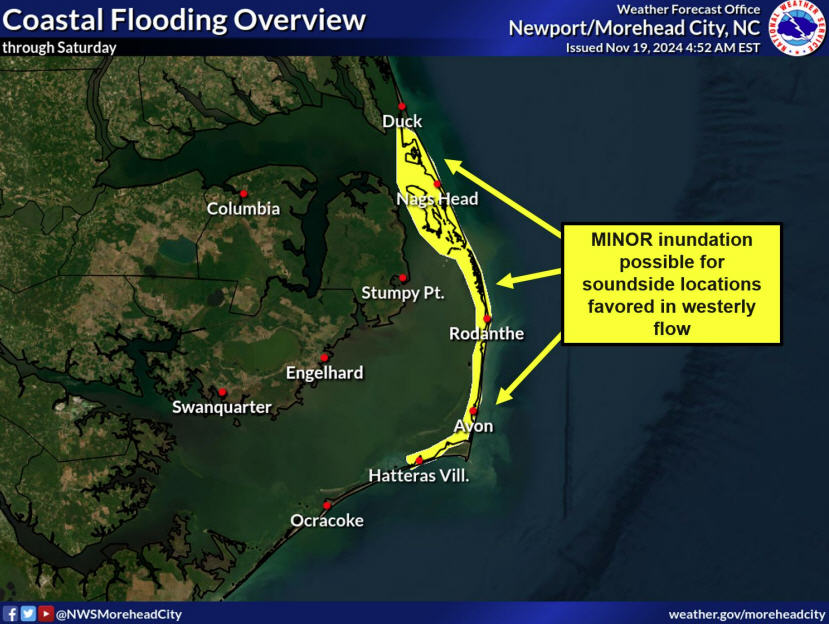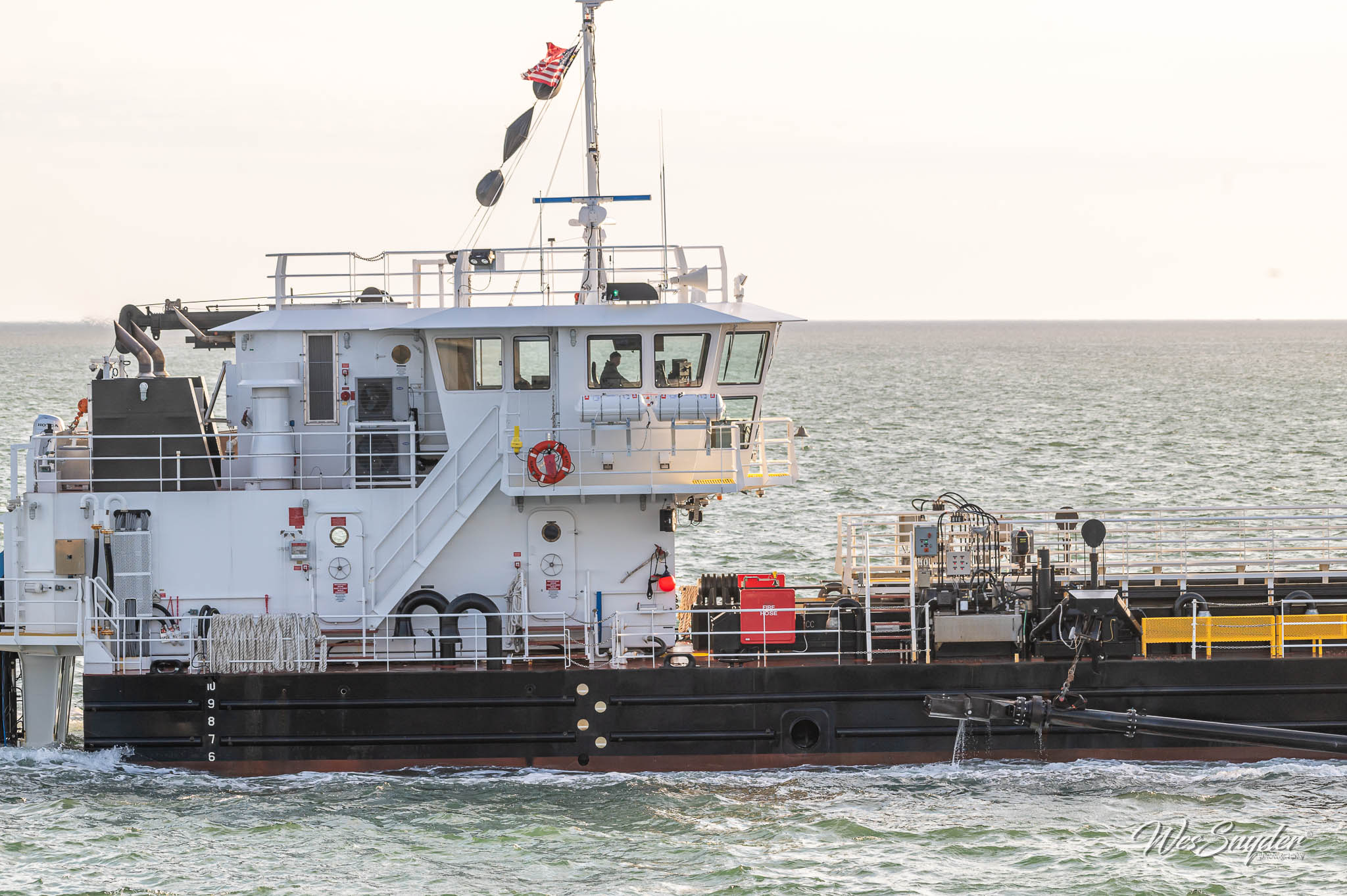UPDATE: Four piping plover chicks continue to forage at Ramp 43
The Park Service road out to Ramps 43 and 44 and the Cape Point Campground had no traffic on it this morning, and the area at the ramps was like a ghost town.
Eight vehicles were in the parking area next to the fish cleaning tables. Their occupants presumably parked there to walk out Ramp 44 to the ocean beach – which is a good hike.
Ramp 44 is chained off, closed to off-road vehicles.
Just past the fish cleaning tables, the road is roped off and closed to ORVs and pedestrians.
The four piping plover chicks that hatched a week ago from a nest on the ocean beach between Ramps 43 and 44 and their parents continue to forage at a pond just west of the road near Ramp 43, according to Park Service resource program manager Randy Swilling.
Normally, the vehicle buffer for plover chicks is 1,000 meters – about .6 tenths of a mile. If that buffer were being used, the road out to the ramps and campground would be closed not too far past the ranger station buildings – blocking access to the Ramp 44 parking area and the entrance to the campground.
However, Swilling said the ORV plan and final rule allow an exception to the 1,000-meter buffer for chicks that are protected by a geographic barrier.
In this case, he said, the barrier is a dune ridge or berm that runs between the two ponds on the west side of the road as you head to Ramp 43. The plovers are foraging in the northernmost pond, and Swilling said the Park Service feels confident that the birds will not travel past the barrier.
“There’s just no plover habitat there,” Swilling said.
“We’re trying to be as flexible as we can,” Swilling added. “We’re making a good faith effort to not be overbearing.”
The water level in the ponds is very low, which he said makes it prime plover foraging habitat.
The area will remain closed as long as the chicks are on the ground. They usually fledge at about 28 days, which is another three weeks.







